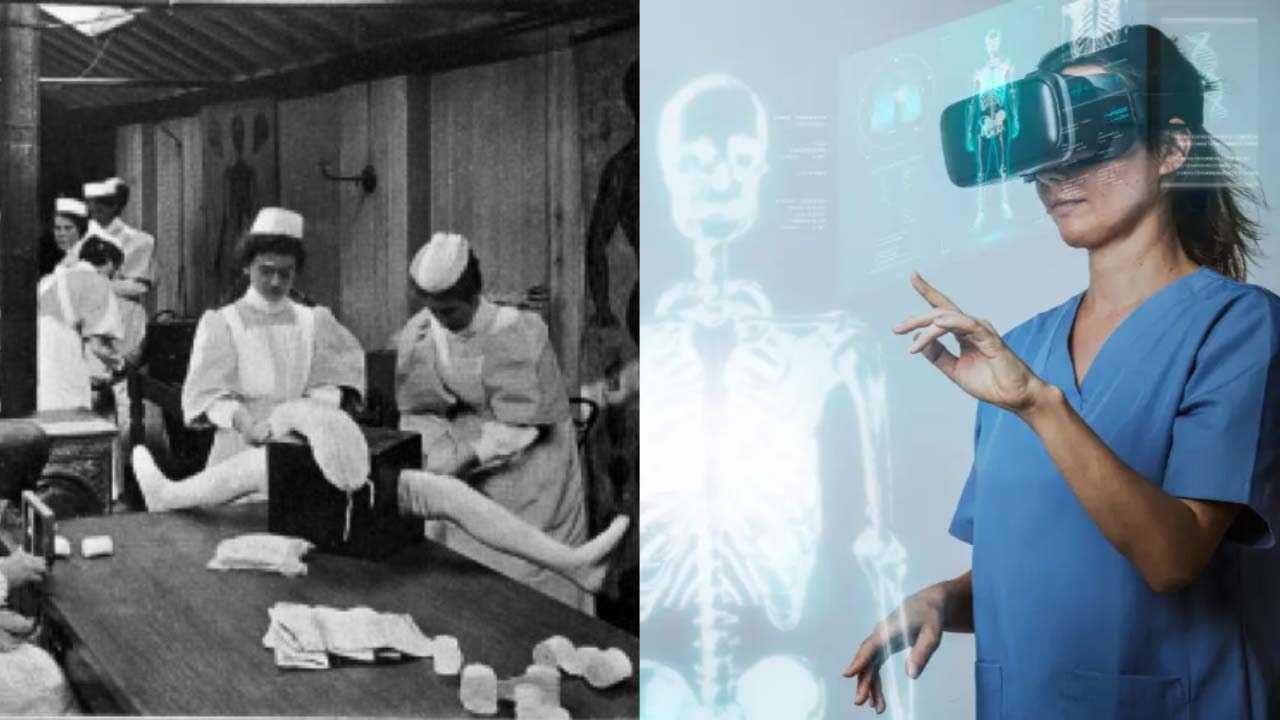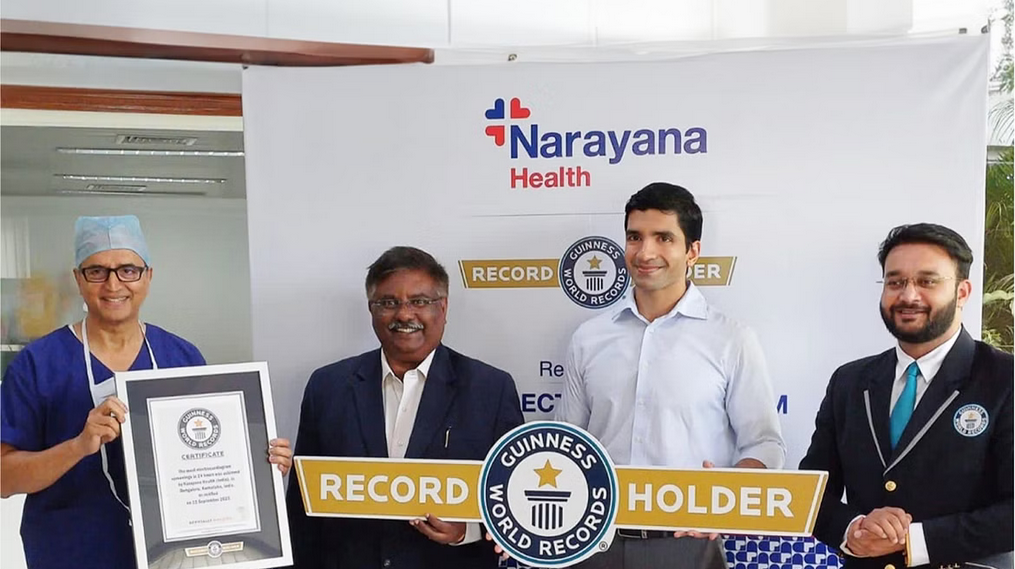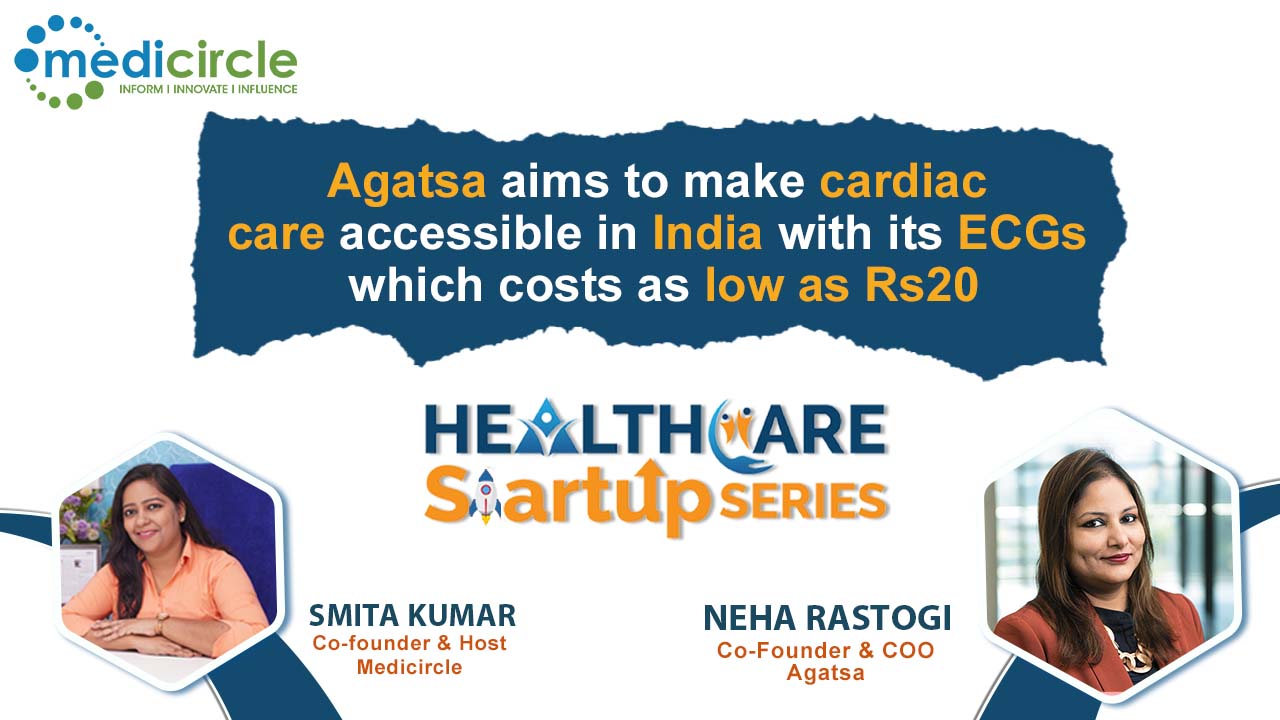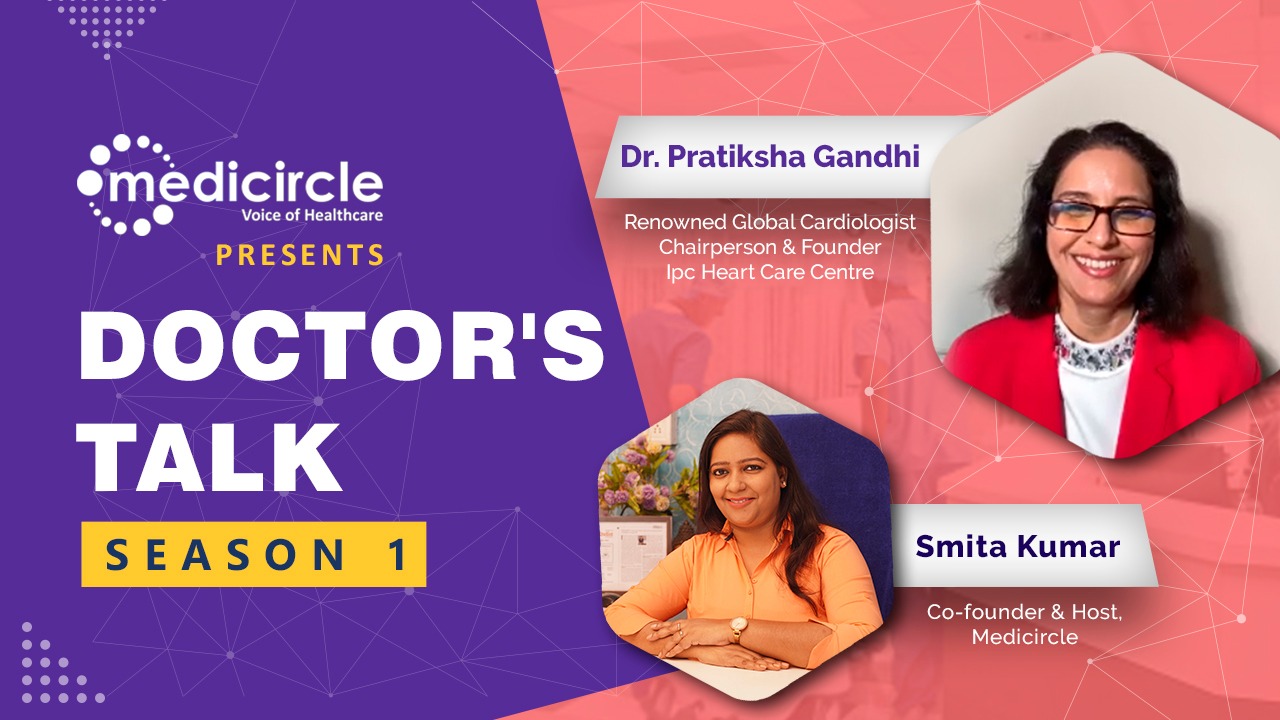SRL Dr Avinash Phadke Labs, recently unveiled ‘Mumbai’s Antimicrobial Resistance Report, 2019’ highlighting the patterns observed in bacterial infections and antibiotic resistance affecting Mumbaikars. The objective of the report is to contribute to the reduction of Antimicrobial Resistance (AMR) that is impacting people world over. AMR differs regionally and it is important for all stakeholders to be aware of the trends impacting the city so that precautionary and corrective measures can be taken to limit the spread of antibiotic resistance.
The report is based on the study of 40500 selected samples received over nine months (January to September 2019) from Mumbai. Top findings of the report are as follows:
Top bacterial organisms affecting Mumbaikars: Escherichia coli, Klebsiella pneumonia, Pseudomonas aeruginosa, Staphylococcus aureus, Acinetobacter baumannii, Salmonella typhi. Top infections caused by these organisms are Urinary Tract Infections (UTIs), Soft tissue/wound infections, Respiratory Tract Infections, Typhoid and Sepsis. Antibiotics Mumbaikars are most resistant to Penicillin, Cephalosporin (up to2nd generation) and Fluoroquinolones (up to 2nd generation)
The report also highlights antibiotics that could be possibly used in drug-resistant bacteria cases.
Commenting on the cause, Dr Ajay Phadke, Centre Head, SRL Dr Avinash Phadke Labs, said, “Antimicrobial resistance has become a global concern and the onus of reducing its spread lies on each one of us. Efforts need to be made right from infection control to judicious use of antibiotics. A shift in the way the diagnosis of bacterial infections is ordered and antibiotics are administered is critical. Even the general public needs to be made aware of the ill effects of irrational and rampant antibiotic usage. On a broader level, regional monitoring of AMR and improvement of local antimicrobial stewardship is required. Technology backed platforms can be used to integrate information on antimicrobials and resistance from different localities so that clinicians are aided in offering better patient care and fighting AMR through a connected approach.”
Key Insights
Most organisms identified are spread through water and food contamination. Transmission can occur via infectious persons or environmental surfaces. Antimicrobial resistance bacterial strains are hospital-acquired as well as community-acquired community. These drug-resistant strains are circulating among humans, animals and environment in healthcare as well as non-healthcare settings, emphasising on the need for infection control in both settings. Increasing antibiotic pressure with age and exposure: Fluoroquinolones (Up to the 2nd gen): The resistance increases across age groups. Adults have more resistance than children. This could be due to irrational use of antibiotics. Older antibiotics such as Aminoglycosides were prescribed less due to prior resistance. This could explain a rise in their sensitivity. Judicious use of Aminoglycosides can be considered.
Key Takeaways For Clinicians
The use of Minimum Inhibitory Concentrations (MIC) is essential. This helps clinicians to choose the right antibiotic with the optimal dose. Pseudomonas strains are resistant to most antibiotics. Strict infection control practices are crucial in all OPD and IPD settings. Given the unpredictable resistance patterns of different bacteria, use of a culture/PCR based assay should be encouraged in all hospital settings. This will help in modifying empirical treatment based on susceptibility obtained. Many PCR assays now provide drug resistance along with identification. About a third of clinically suspected samples showed bacterial growth. This emphasises the importance of sending samples before initiation of antibiotic. A PCR based method can still detect organisms after the first few doses of antibiotics.
The primary data indicates a need of laboratory surveillance for Antimicrobial Resistance (AMR). Building on local epidemiology data is important to rationalise antibiotic usage.
For General Public
Maintaining hand hygiene is critical for reducing the spread of organisms and thus prevention of AMR. Maintaining better water quality and sanitation can significantly help the cause. Fever is not necessarily a sign of a bacterial infection. They can be viral infections which recover without antibiotics. Always seek advice/ prescription of a qualified medical professional before taking antibiotics. Antibiotics prescribed to you should only be taken by you. The same antibiotics shouldn’t be taken by your friends or family without consulting a qualified medical professional. Do not insist on antibiotics if your doctor says you don’t need them. Adhere to the antibiotic dosage prescribed by your doctor. Do not modify its quantity or consumption duration on your own. Always ensure that the medicines you are buying directly from pharmacies, without a prescription, are not antibiotics.

 AMR differs regionally, it is important for stakeholders to be aware of trends impacting the city, so that precautionary, corrective measures can be taken to limit spread of antibiotic resistance
AMR differs regionally, it is important for stakeholders to be aware of trends impacting the city, so that precautionary, corrective measures can be taken to limit spread of antibiotic resistance




















.jpeg)

.jpeg)










.jpg)




.jpg)

